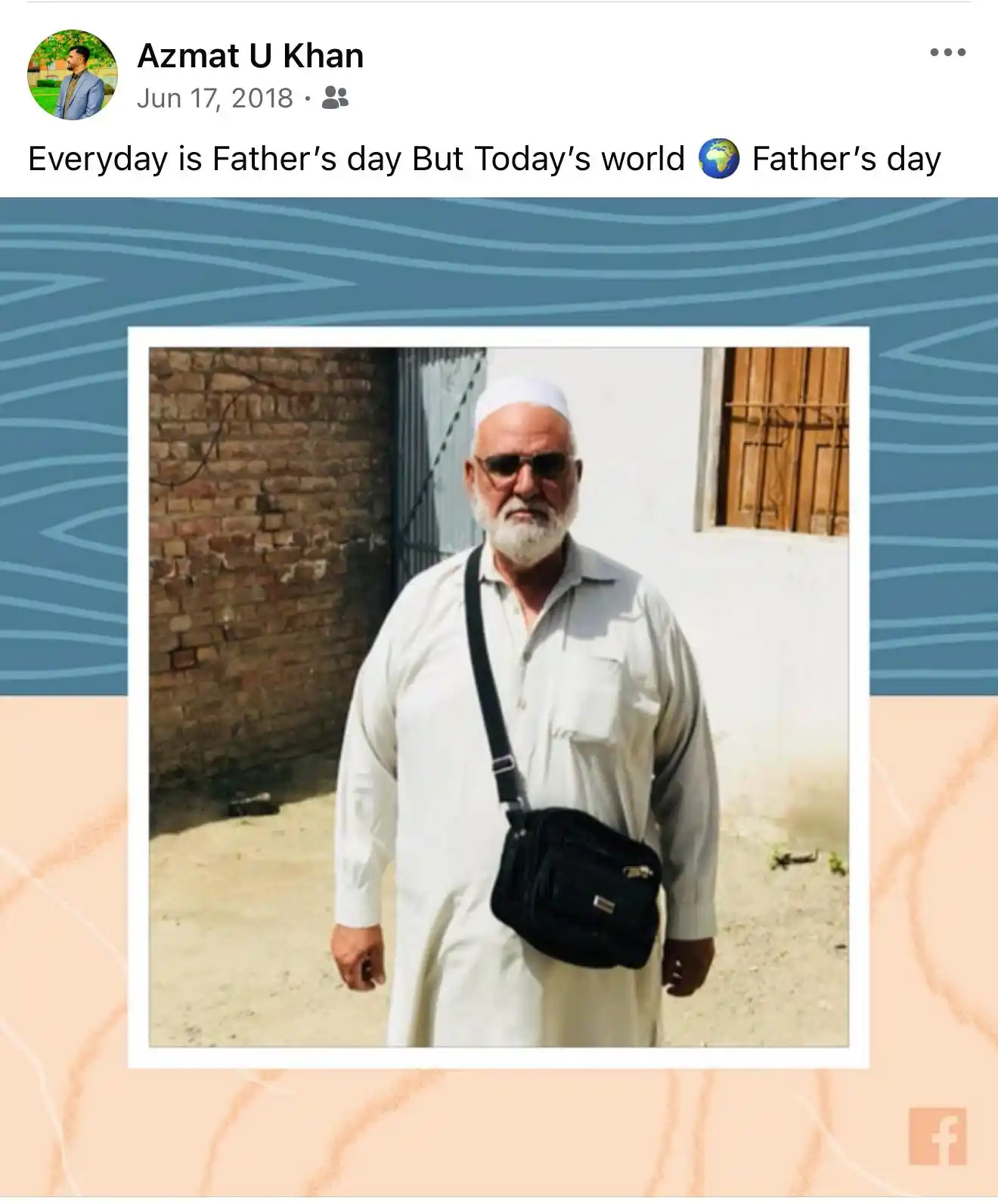
Azmat Ullah Khan
41 subscribers
About Azmat Ullah Khan
Azmat Ullah Khan Hailing from Nowshera, and having an MBA degree from London University , Mr. Azmat Ullah khan is a passionate Youth, Peace, Civil Society and Political Activist, Social Worker and Philanthropist from Khyber Pakhtunkhwa. He is also member of National Youth Assembly , Fedral Youth assembly and Youth Parliament & Young Leaders Parliament. He laid the foundation of "Dastak Welfare & Development organisation" The organization's main agenda is the welfare and development of poor people in Pakistan, He is also involved in activism in London and started a movement from London with the name of "Tehreek e Dastak Pakistan" for free education, health and justice to the people of Pakistan. #civilsocietyactivist #peaceactivist #youthactivist #socialworker #politicalactivist #noshehra #khyberpakhtunkhwa #pakistan #theactivist Follow me at instagram, twitter, facebook,TikTok at @AzmatkhanTDP
Similar Channels
Swipe to see more
Posts

👆اس شعر میں شاعر اپنے ابا کو مارنے کی خواہش کا اظہار کر رہا ہے!

آج کل صرف ایک بندے کا کاروبار ٹھیک چل رہا ہے روز کہیں نہ کہیں سے جنگ کے ڈیزائن کا آرڈر آجاتا ہے انور مقصود 😆
















